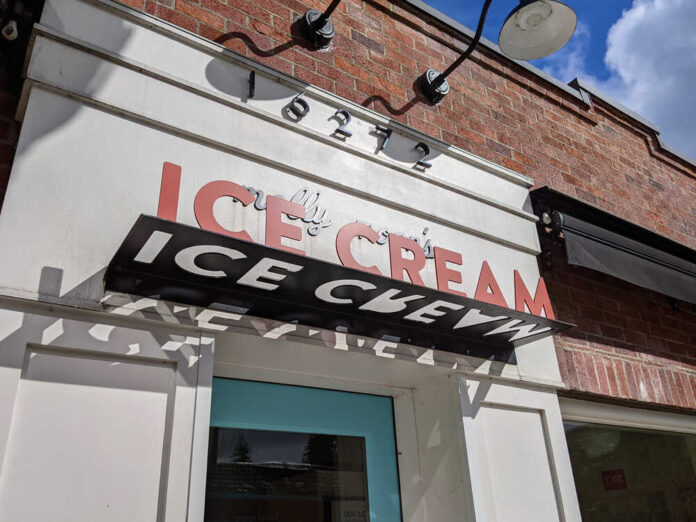
In a sharp twist of irony, Molly Moon’s Homemade Ice Cream, a business vocal in its support for the Black Lives Matter (BLM) movement, is suing Seattle for “extensive property damage” resulting from the city allowing illegal activities in the infamous Capitol Hill Occupied Protest (CHOP) zone.
Throughout the summer of 2020, the CHOP zone – branded initially as the Capitol Hill Autonomous Zone (CHAZ) – emerged as the focal point of anti-police sentiment, sprawling several blocks around Molly Moon’s Capitol Hill location. The establishment, in step with the controversial stand of the city, publicly lauded CHOP, yet now seeks compensation for the adverse effects of its existence.
NEW: Molly Moon’s Ice Cream is suing the City of Seattle because of losses tied to CHOP.
The ice cream maker accuses the city of supporting and encouraging “a hostile occupation” of the neighborhood surrounding their Pine Street store. pic.twitter.com/SPxjOX9kNO
— Sam Campbell (@HeySamCampbell) June 8, 2023
This lawsuit poses an interesting quandary. Should a business that extolled the virtues of an anti-police autonomous zone now be permitted to mount a lawsuit against the city for enabling the violent conditions that resulted?
The lawsuit alleges the city left the area “unchecked by the police, unserved by fire and emergency health services, and inaccessible to the public at large.” Molly Moon’s further asserts that Seattle “encouraged a hostile occupation of that neighborhood,” subjecting local businesses, employees, and residents to “extensive property damage” and “public safety dangers.”
The ice cream chain claims that the volatile situation discouraged customers who could not “safely” access the business, leading to a significant drop in patronage.
On June 12, 2020, Molly Moon’s publicly announced its solidarity with the BLM movement, stating it would be “closed until 5 p.m. while we join the Black Lives Matter March of Silence.” However, the store was compelled to close again due to safety concerns following the first CHOP-related homicide.
Despite the lawsuit, Molly Moon’s continues to support the BLM cause. It has clarified that it “does not seek to undermine CHOP participants’ message or present a counter-message” but supports “free-speech rights and the efforts of organizations such as Black Lives Matter.”
The peculiar dichotomy in the stance of Molly Moon’s doesn’t end there. In the height of the unrest, the business famously declared itself a “gun-free zone”. It stated that armed police officers were unwelcome.
Yet, now the ice cream chain seeks damages for what it perceives as Seattle’s role in “encouraging an indefinite, unpermitted invasion” that damaged its revenue and team morale.
While Molly Moon’s lawsuit is symbolic of an ideological clash, it is not the only legal challenge Seattle faces. Antonio Mays, Sr., whose teenage son tragically lost his life in the CHOP zone, sued the city. He argued that Seattle abandoned the area “without a working plan to provide essential services.”
The mixed messages from entities like Molly Moon’s reflect a broader societal debate. It is the collision of ideological support for socio-political movements and the reality of sustaining a business or ensuring personal safety under violent conditions.


















